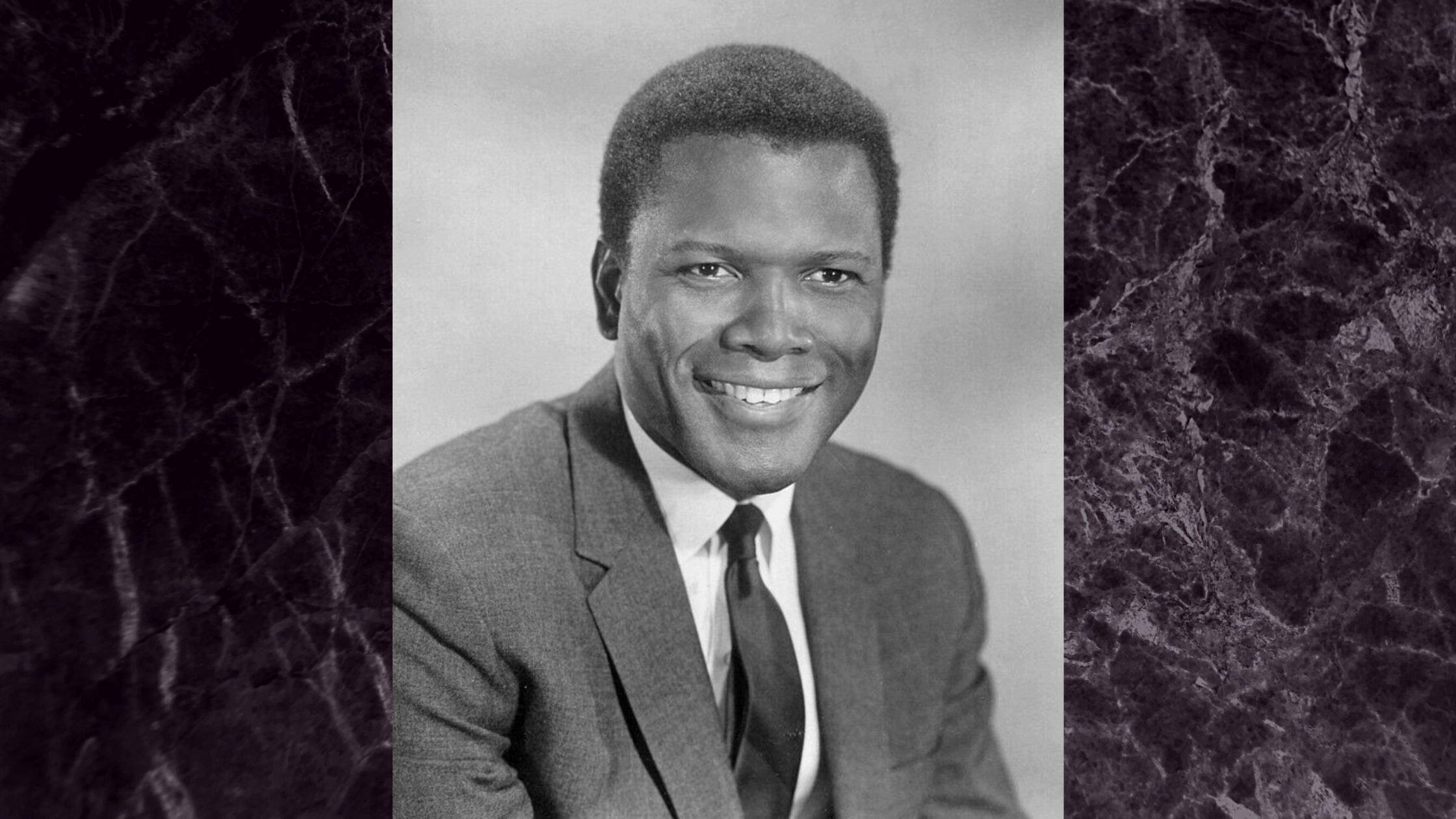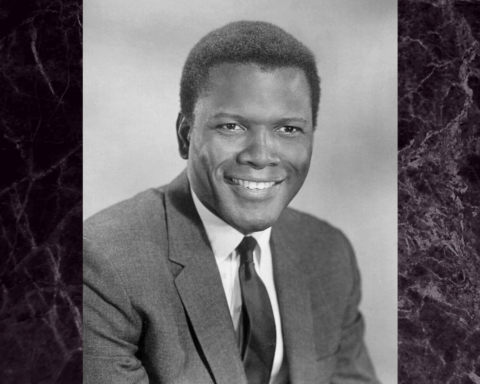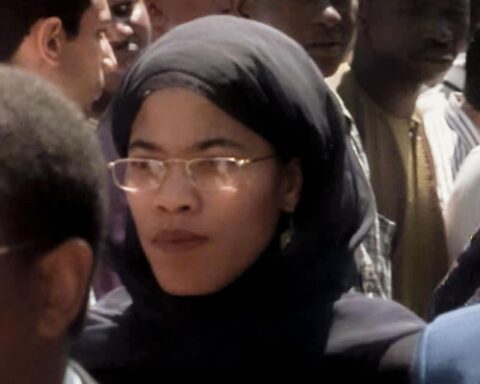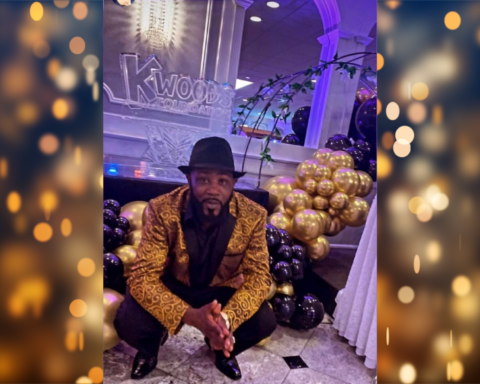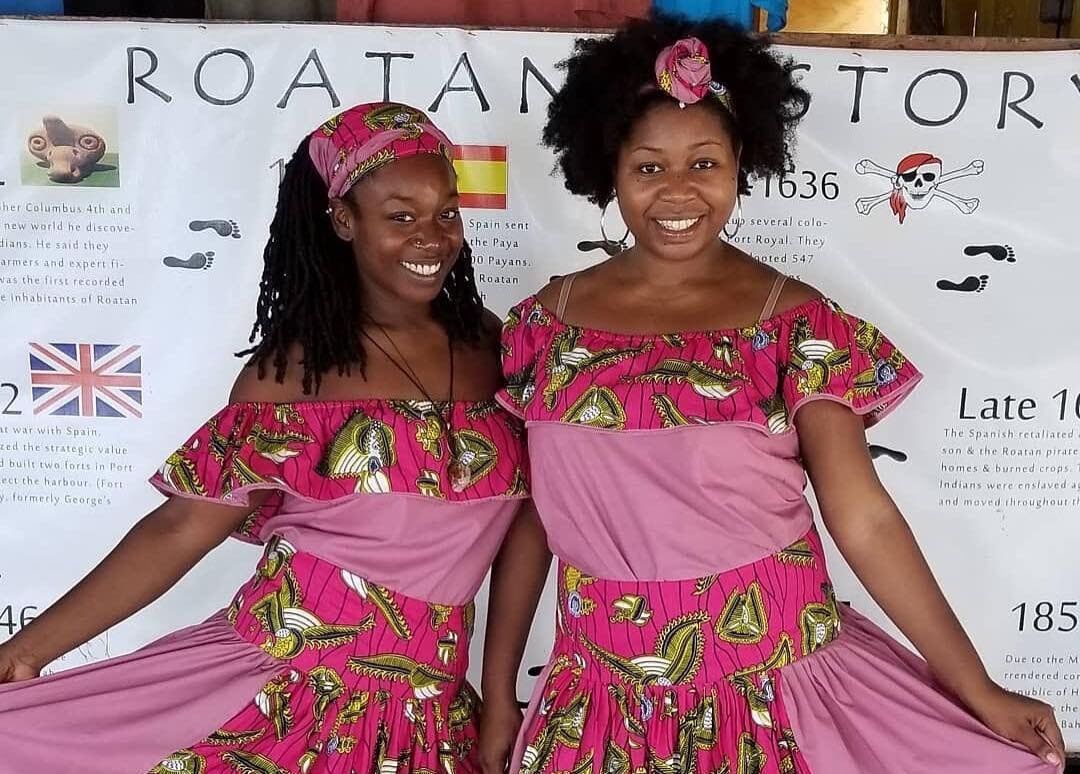
Amid the Black community in the United States, there has been a growing interest in one delving into the origins of their ethnicity in the last decade. This thirst for a more profound sense of self was rooted in a collective strive to normalize the importance of ethnic origins. Audrey Flores is a witness to this thirst. Presently a cultural ambassador for the Garifuna, her journey to such a righteous position is immersed in self-discovery and has ultimately ushered in a new era of Garifuna history.
Born and raised in Brooklyn, as a youth, Flores and her siblings had a vague understanding of their ethnic origins. Her parents are from the island of Punta Gorda, Roatán in Honduras. The island is the oldest Garifuna settlement in Central America, dating back to 1797 when the Garifuna, an afro-indigenous group originating from the island of St. Vincent was exiled by the British.
Flores’ mother often left the island of Punta Gorda to go into the mainlands of Honduras, an area where the Garifuna were once banned. At the same time, her father was a traveling seaman who stayed on the island of Roatán. After getting married, they moved to Brooklyn and ultimately became fixtures in the Garifuna community in New York City.
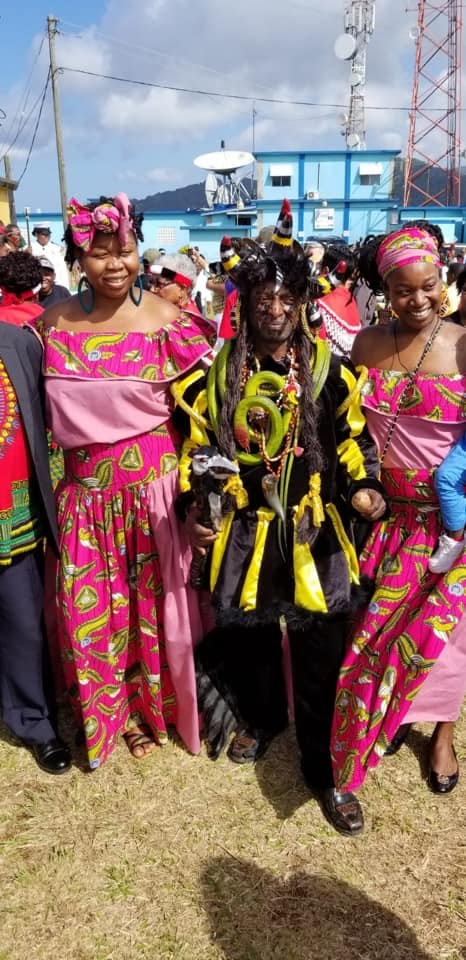
“My dad was always involved with the community,” said Flores. “The spiritual traditions of us putting out food for the ancestors on certain days and organizing spiritual ceremonies, my dad was very involved. Whenever there was any hurricane back home or any natural disaster, we were the house where they would come and leave barrels to send donations. I always saw that as a child. I heard the language, my aunts and uncles. We were the house for the Garifuna people from Roatán to gather in Brooklyn.”
The Garifuna are stationed in multiple countries, including Belize, Guatemala, and Nicaragua, the population on the island of Roatán is minuscule compared to the rest of the notable Garifuna settlements. According to Flores, in the Garifuna community of Brooklyn, the islanders and mainland natives formed their own intimate subcommunities.
The supremacy of Flores’ father’s leadership stems from her grandmother, who, back in Punta Gorda, is highly regarded for spearheading traditional dance groups, leading songs and spiritual ceremonies, church gatherings, and forming camaraderie among village midwives.
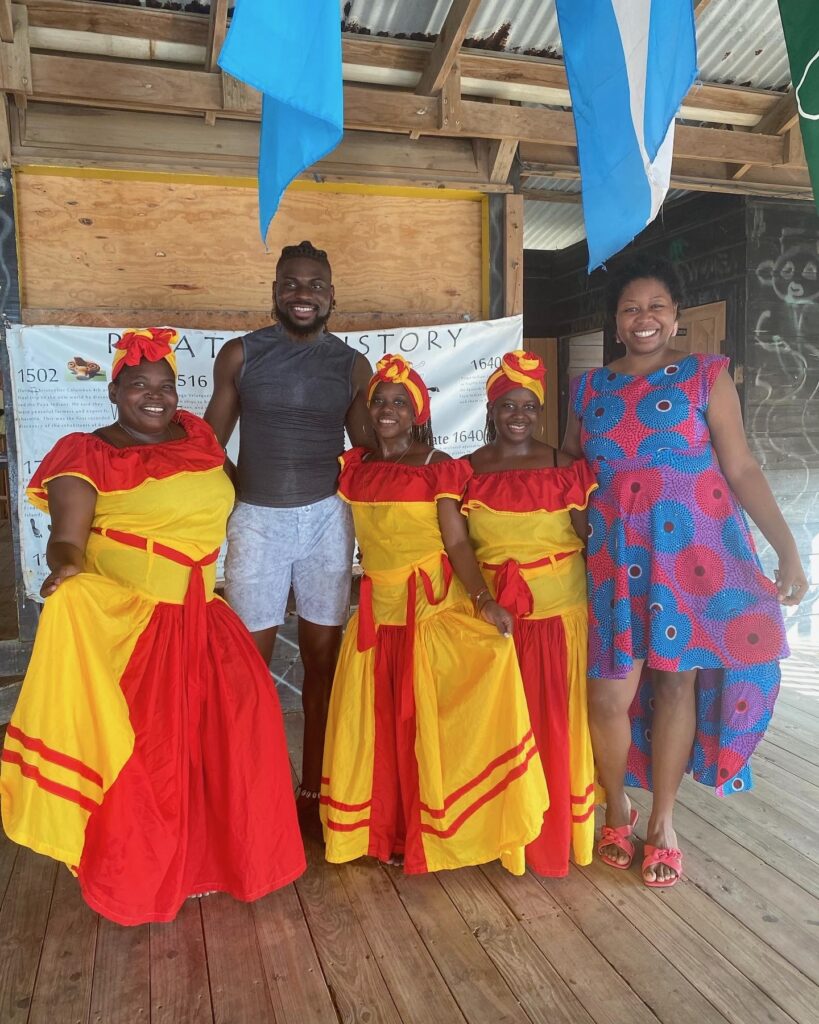
Despite such a connection, Flores did not identify as Garifuna during her adolescence. At 17, she attended Murry Bergtraum High School for Business Careers, which she describes as a “very diverse school.” Being around her ethnically diverse classmates, as they were often privy to specific ethnic origins, triggered Flores to hither toward her own. She enrolled at CUNY’s Baruch College, which she also described as a “very diverse school,” At this juncture, Audrey Flores started to delve into the knowledge of herself as a Garifuna woman.
“Going to public school in Brooklyn, I never identified as a Garifuna person,” said Flores. “I always knew that my family was different, but the words ‘I am Garifuna’ never came out of my mouth until I was 17-18 when I really started to learn about who I am. I just knew my parents spoke three languages. Most of my aunts and uncles spoke three languages. We ate this type of food. We played drums. But I wasn’t really aware of my roots.”
Soon after her start at Baruch College, Flores and her sister Nora launched a party promotion hustle geared toward the young adults of the Brooklyn Garifuna community. The events spanned out to the Garifuna community of the Bronx, burgeoning a new era of Garifuna culture in New York City.
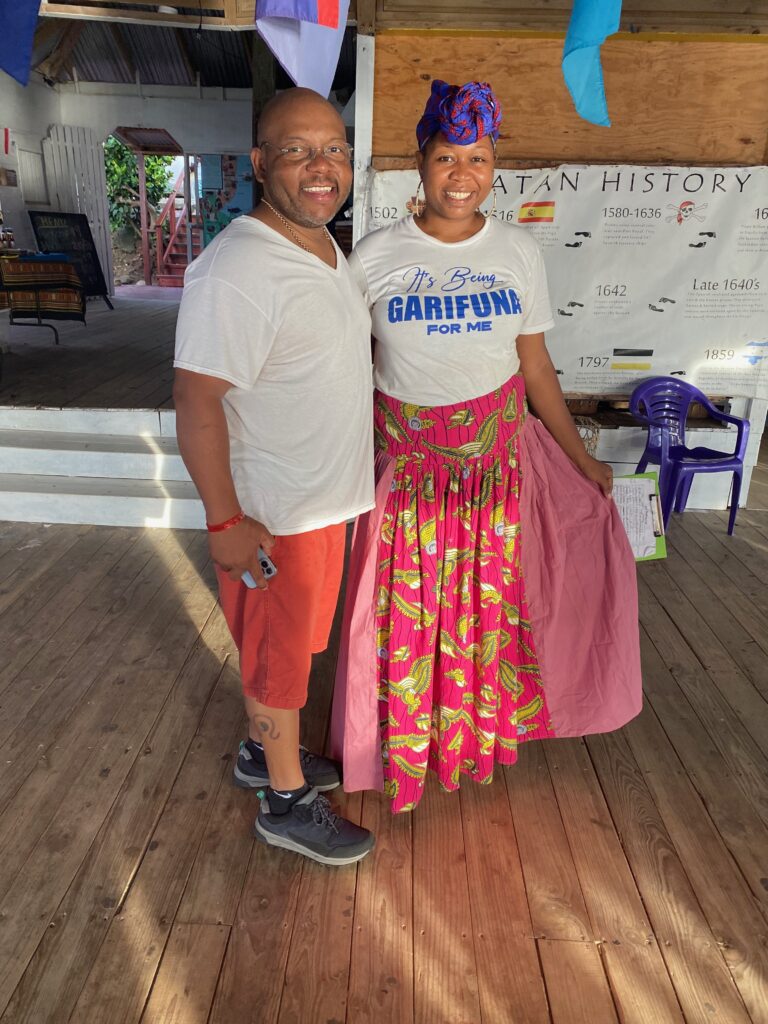
Flores’ parents owned a restaurant and bar in Punta Gorda, which became their primary “hang-out” spot during their annual trips to Roatán. After owning the business for over a decade, her parents decided to shut it down due to competition in the tourism industry of Honduras. However, Nora was obliged to save the business by moving to Roatán to aid operations. The same year, after Flores graduated from Baruch College, she joined her sister in Roatán to help run the family business.
“I was 24, single, bartending on the beaches of Roatán. That was the life. That was the bait of vanity that God was using to keep me there long enough to live out my purpose.”
Two years into living in Roatán, the Flores sisters started to hone into the presence of Garifuna culture on the historic island of Punta Gorda. Guests at their establishment would often inquire about the Garifuna. They started to put together impromptu presentations and recruited their cousins to perform dance compositions and instrumental ballads. Four years later, the Flores sisters decided to transform this frequent activity into a cultural center.
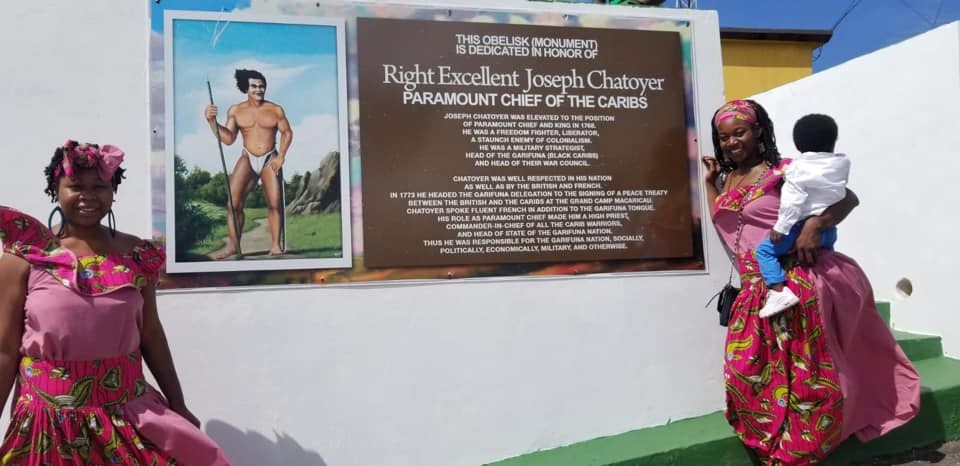
“There is nowhere here on the entire island to come and learn about the Garifuna people. By that time, we had learned so much about the culture, we were like there needs to be a platform to preserve the culture among us and to spread awareness and share our story. So we converted it into a cultural center, and since we did that, it was just this upward spiral. We started talking to historians, to elders, we traveled to St. Vincent, our original home, and we started co-directing a documentary about our journey.”
The Garifuna Cultural Center evolved into a prime tourist attraction in Honduras as the sisters dominated the market and demand for a Garifuna cultural experience. Stationed as a Garifuna cultural ambassador, despite being born and raised in Brooklyn, Audrey Flores’ intention to unearth and bring order to the preservation of her ethnic background has inspired a generation of Garifuna offspring in the United States to delve into their culture with a sense of pride.
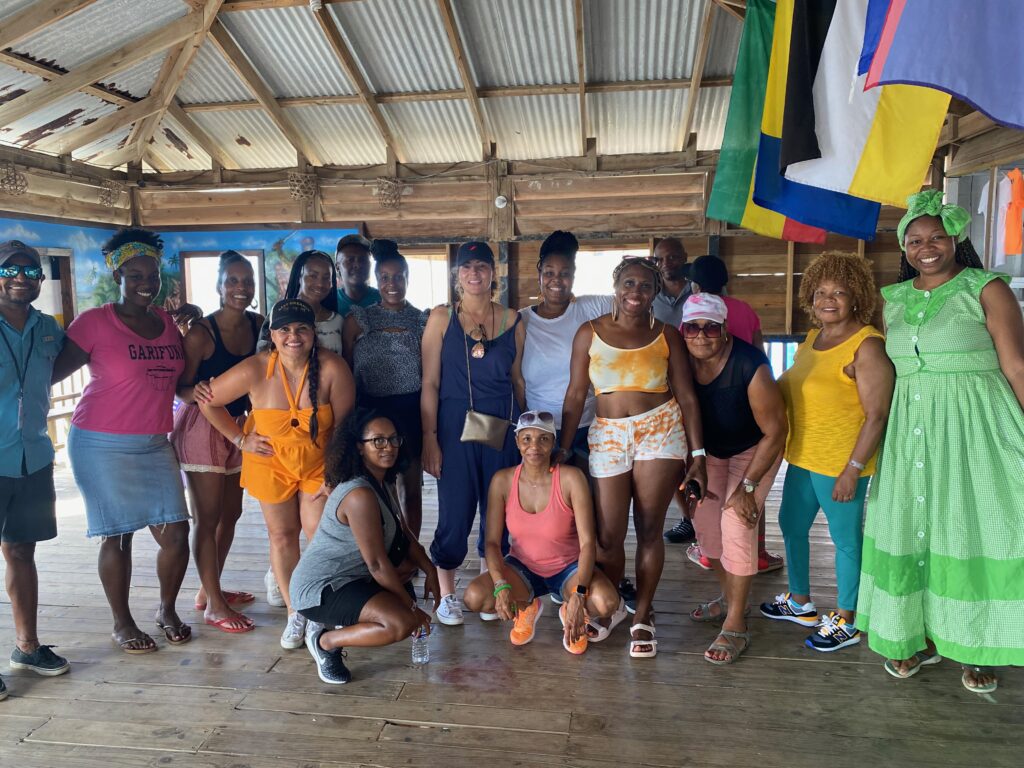
- From Brooklyn to Roatán: Garifuna Cultural Ambassador Audrey Flores Defines New Era of History
- From Mobile to Franchise: Owner of New York City’s Bodied Parlor, Quaniece Shearin Talks Entrepreneurial Prowess
- Professional Commerical Staging Artist T. Michelle Makes Her Mark: ‘I Should Be Good Enough’
- Sir Sidney Poitier: An African Diaspora Icon
\
